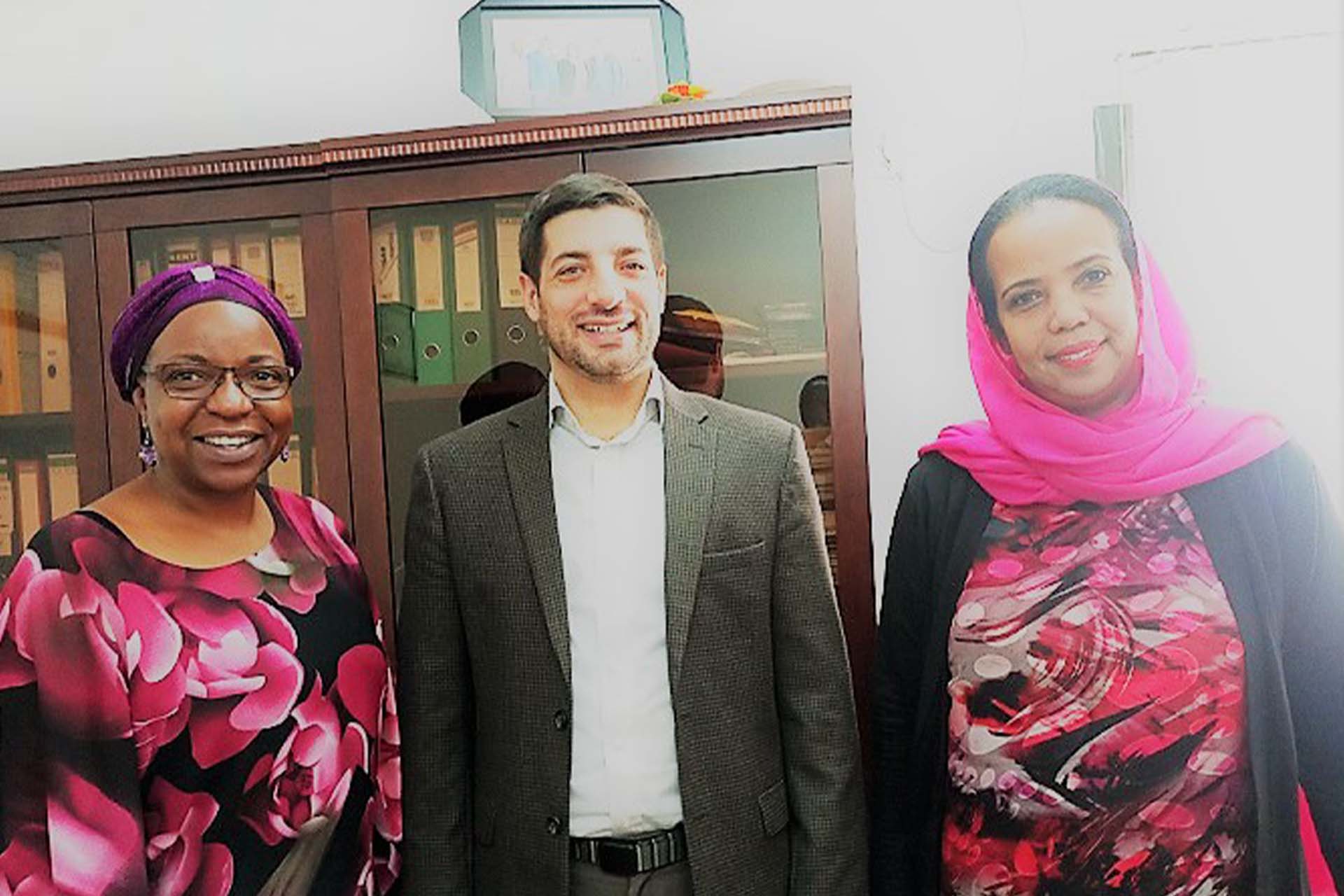14-02-2019, Addis Ababa, ETHIOPIA: The Director of Health & Social Development Division of the Intergovernmental Authority on Development (IGAD), Ms Fathia Alwan, today opened a Regional Seminar for Judges aimed at promoting regional cooperation and coordination on the protection of vulnerable migrants along with the Head of the European Union Delegation to Ethiopia, and a representative from the Embassy of Germany to Ethiopia.

Participants from IGAD Member States plus Egypt and Tunisia, including judges and other criminal justice practitioners, representatives from CSOs, academia, and government are participating in this two-day Seminar.
At this Seminar, judges will have the opportunity to discuss challenges and best-practices pertinent to migration-related cases, involving issues such as human trafficking and smuggling of migrants, while focusing specifically on the judiciary’s role.
During her opening remarks Ms Fathia Alwan noted that the United Nations Global Compact for Migration “acknowledges the critical role of the judiciary in protecting the human rights of migrants and prosecuting the perpetrators of Smuggling and Trafficking in Human beings”.
She recalled that in 2015, “IGAD convened a Regional Consultative Process meeting on Trafficking in Persons and Migrants Smuggling”, and that “one of the major findings from the meeting was that in most instances, vulnerable migrants and victims of trafficking and smuggling are more likely to end up in administrative detention, and in some instances, they are prosecuted due to absence of clear policies on victim assistance and witness protection”.
Ms Fathia Alwan concluded by calling on the participants “to strive to reduce the risks and vulnerabilities migrants face at different stages of migration by respecting, protecting and fulfilling their human rights and providing them with care and assistance”.
The Seminar is supported by the European Union and the German Cooperation. The objective of the Better Migration Management (BMM) programme is to improve the migration management in the Eastern African region in response to the needs identified by the countries of the Khartoum Process.

